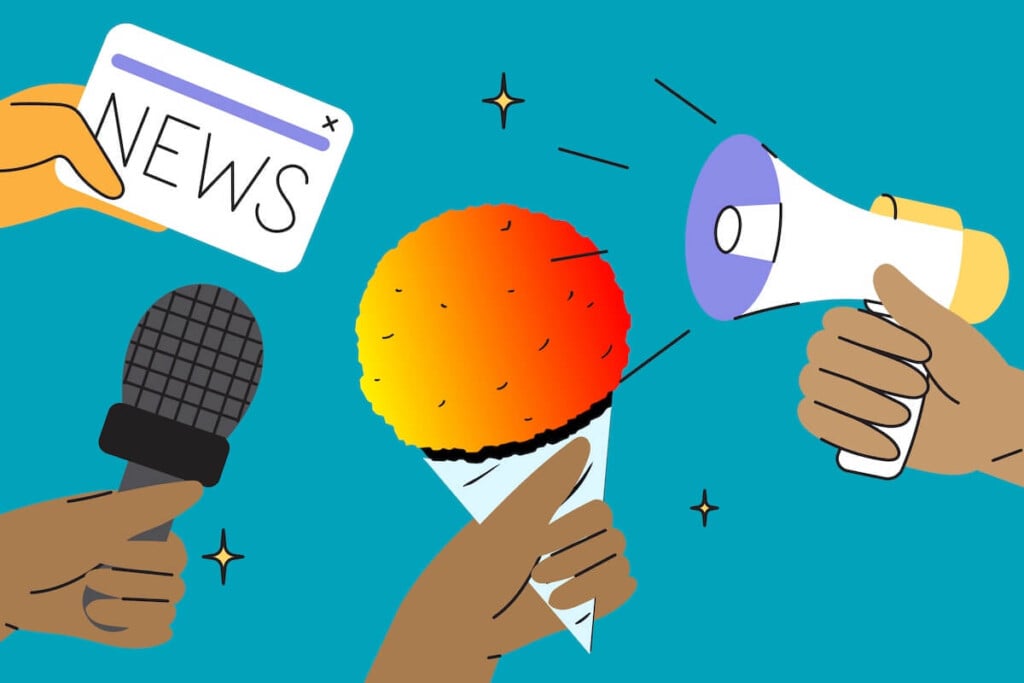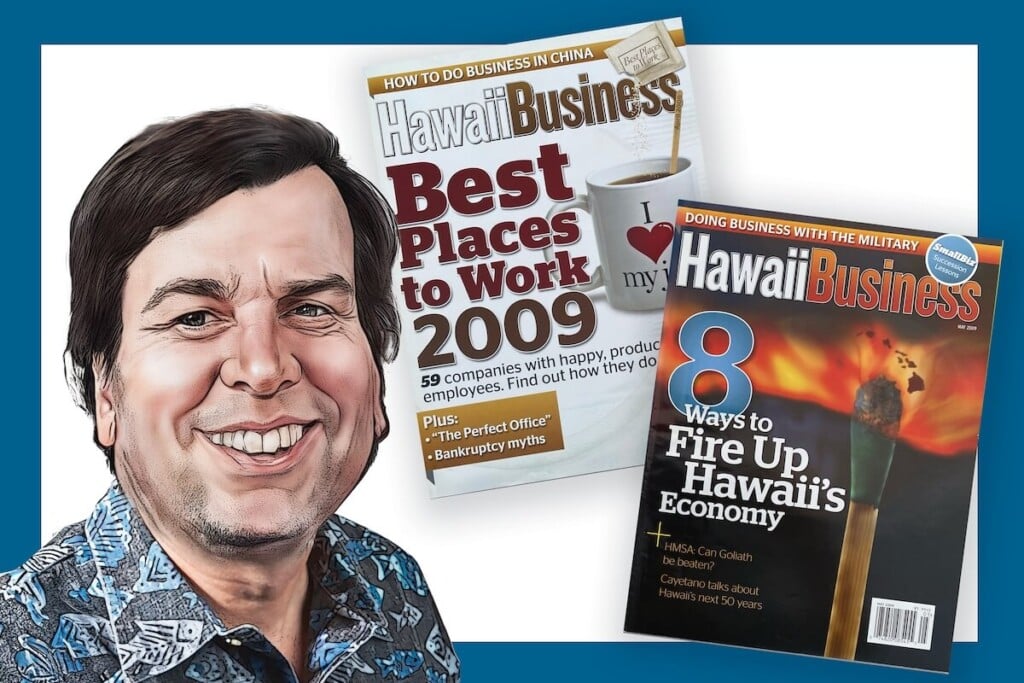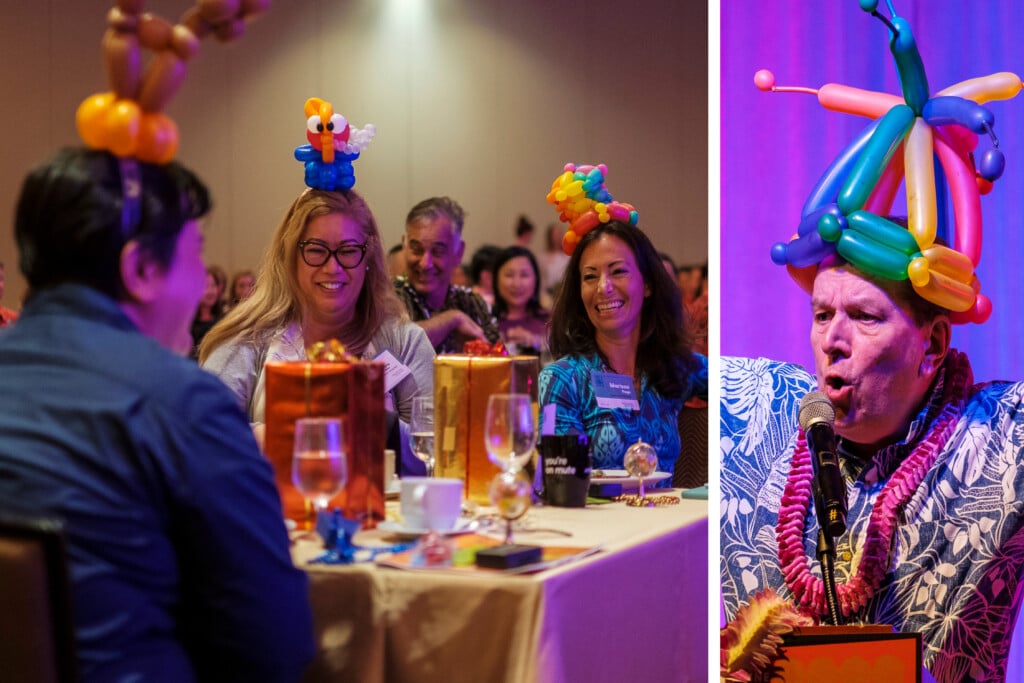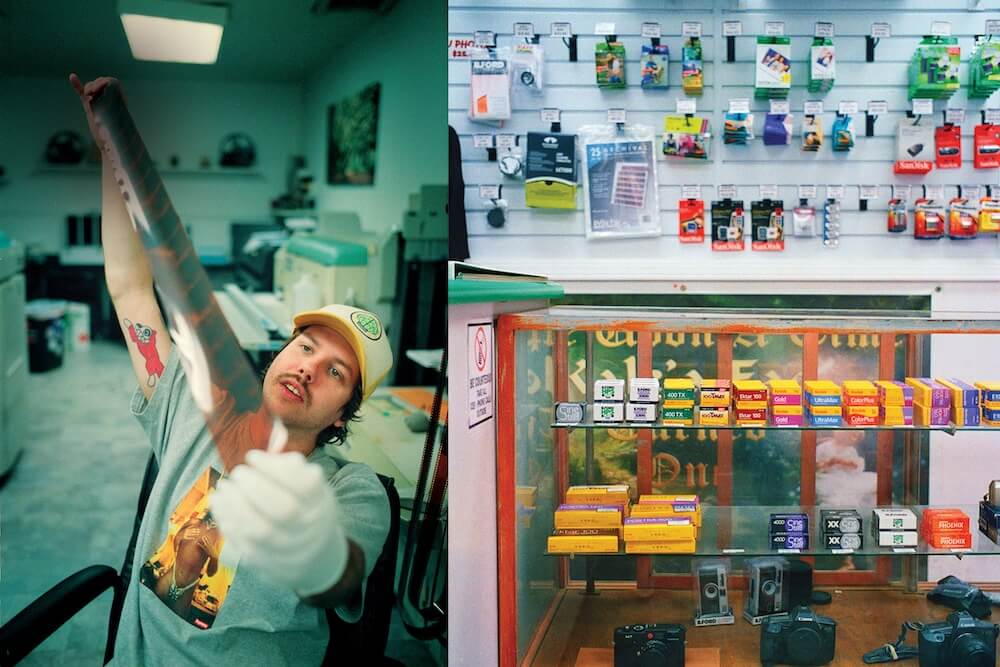Islands Don’t Always Control Their Destinies
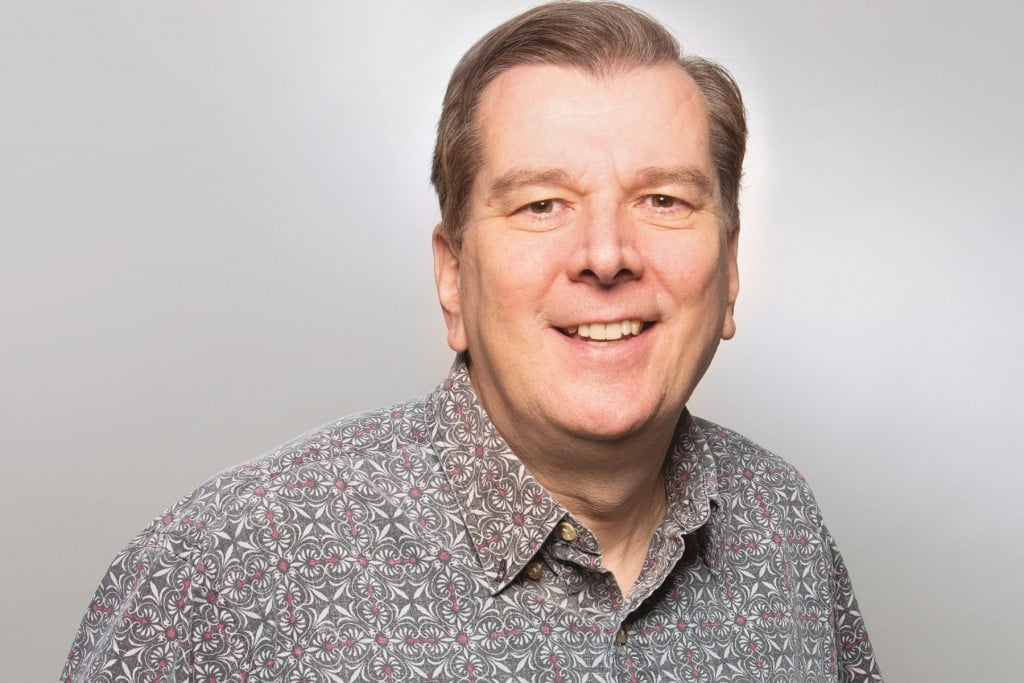
Molokai and the battle over GMOs remind me of another island whose people struggled to control their destiny against outsiders.
Newfoundland is the poorest of the Canadian provinces, much like Molokai is the poorest of the main Hawaiian Islands. The unemployment rate in Newfoundland was 11.4 percent in January – almost double the national rate in Canada. At latest count, Molokai’s rate was similar: 11.1 percent.
The soil on rocky Newfoundland is unforgiving, so, for centuries, its people have depended on the sea for their food and livelihoods. The main catch, cod, was once so abundant it occasionally impeded the movement of small boats, according to captains’ logs. And, for almost 300 years, the people added to their incomes and food supplies with a seal hunt. The seals’ fur, meat and oil were either consumed locally or sold – not a huge moneymaker, but enough for hardworking people to survive. Besides, seals eat cod, so they competed with people in the food chain.
As with hunts the world over, the slaughter could and should have been done more humanely, with the cull limited so the seals were not driven to extinction – practices that have now been in place for decades. In fact, the seal population has tripled since 1970, to about eight million, according to the Newfoundland government.
But the main reason the world started to pay attention to the Newfoundland seal hunt starting in the 1960s was that baby harp seals look awfully cute, with big black eyes set in snowy white fur, and their blood is all too obvious on an ice floe. For decades, it seemed that every environmental group in the world used the seal hunt as a fundraising tool.
I’m not a big fan of killing baby seals, but I’m a meat eater, like most of us, so I’m not going to get self-righteous about working people making a living by harvesting animals. There’s a reason slaughterhouses don’t have picture windows; unfortunately for seal hunters, they work in the open where anyone with a telephoto lens can capture them on the job. And full disclosure: I was born and raised in Canada, so that clearly influences my opinions about outside interference in the Newfoundland seal hunt as well as my sympathy with Molokai’s exasperation over how its destiny is largely shaped by outsiders
For decades, it seemed that every environmental group in the world used the Newfoundland seal hunt as a fundraising tool.
Today, offshore oil production has helped soften the economic crisis in Newfoundland caused by the collapse of the cod fishery from both foreign and Canadian overfishing. Thankfully, the seal harvest continues to provide supplemental income to as many as 3,000 hunters a year. The environmental groups have mostly moved on to other causes and other islands: One of those causes is GMOs and one of those islands is Molokai.
Senior writer Lavonne Leong does a great job of explaining why a two-thirds majority of Molokai voters opposed a moratorium referendum on GMOs, compared to the approval by a slight majority of all Maui County voters. Her story, which starts on page 36, is a comprehensive and thoughtful look at that part of the GMO debate.
Let me finish by drawing one final parallel between Newfoundland and Molokai. When advocating for an end to the seal hunt, environmental groups insisted that out-of-work hunters would be able to find plenty of other jobs shuttling tourists to see the baby seals on the ice floes. That was a way for environmental groups to persuade their donors they were not harming the livelihoods of working people, if they thought about such things at all. In any case, it was wishful thinking, as such tours employ only a few people today.
There is a similar situation on Molokai. The GMO issue is complex, and there is good faith and bad faith on both sides, so I’m not going to tackle the broader issue in the little space I have left. But whether you are for or against GMOs, I think it is extremely wishful to think there will be few jobs lost if a moratorium or ban goes forward. Or that new farms that provide plenty of jobs will magically spring up on Molokai. These seed companies are GMO companies and, if Hawaii, for better or for worse, doesn’t want them, they’ll find someplace else that does.
